The two-day European Union (EU) summit in Brussels (Belgium) (March 21 and 22) focused on discussing urgent issues such as accelerating aid to Ukraine; building a common defense strategy for Europe; the humanitarian situation in Gaza; and preparing for the expansion of the alliance...
Changing perceptions
European Council President Charles Michel stressed that the most important task now is to speed up the procurement and delivery of ammunition to Ukraine. Mr. Michel called on EU member states to switch to “war economy ” mode with the understanding that Europe must act alone, at least for now, as billions of dollars in US aid to Ukraine remain blocked in the US Congress. At this summit, EU leaders will consider Mr. Michel’s proposal to use billions of dollars in profits from frozen Russian assets to buy more weapons for Ukraine.
Meanwhile, several EU members have signed a letter calling on the European Investment Bank to change its defense investment policy to allow purchases of items such as ammunition and weapons. Earlier this week, Brussels approved an additional $5.4 billion to support the Ukrainian military. Several European countries have also approved a Czech initiative to buy artillery shells for Ukraine outside the EU as an alternative to the bloc’s lagging production.
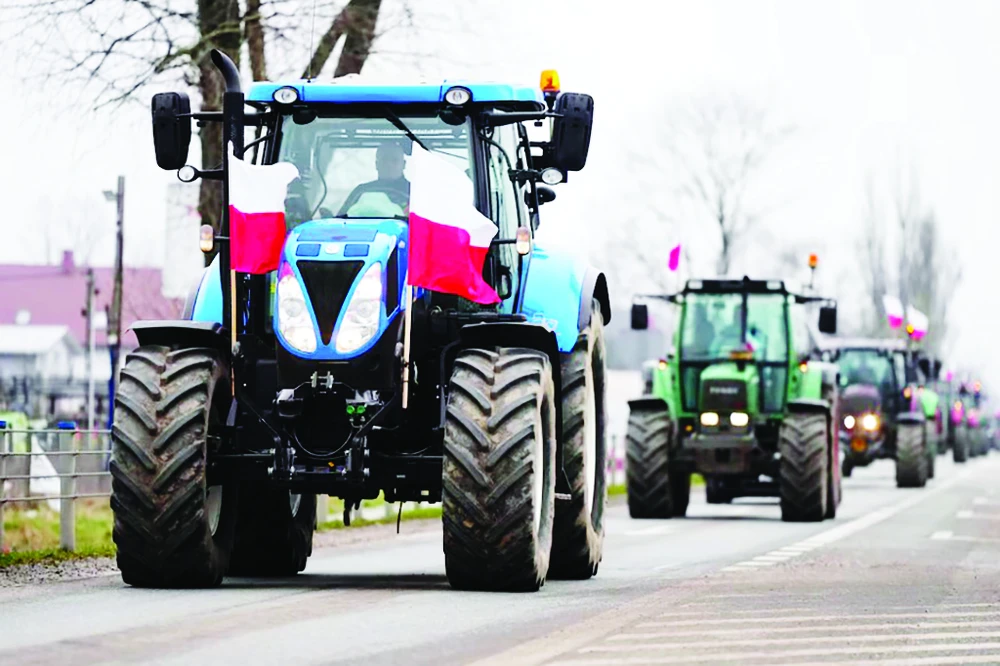
Calls for a major boost to Europe’s defense readiness have been around for a long time. French analyst Francois Heisbourg argues that Europe must increase its collective spending to 3% of GDP per year by 2030 to prepare for potential conflicts and forge a more “friendly” relationship with Washington, regardless of who becomes the next US president.
The agricultural paradox
The agricultural sector generates less than 2% of Europe’s GDP, but subsidies to the sector account for a third of the EU budget. This paradox has deep roots, according to Piero Graglia, professor of history of international relations at the University of Milan (Italy).
Since World War II, agriculture has been a strategic sector for the EU. In 2021, each worker in the agricultural sector reported an average income of almost 29,000 EUR/year. Compared to 2013, the average income of farmers increased by 56% (more than the average increase in other sectors).
According to a report by the European Commission published in November 2023, farmers' incomes are gradually increasing due to improved productivity. Foreign trade data shows that, overall, the EU exports more than it imports. In 2022, EU countries imported 196 billion EUR of agricultural products while exporting 229 billion EUR, with a trade surplus of 33 billion EUR.
One of the biggest issues of recent farmer protests has been Europe’s environmental policies, which protesters say are too rigid. Notably, the EU has imposed a mandatory 4% fallow rate to facilitate biodiversity development.
The regulation was supposed to come into effect on 1 January 2024, but after farmers protested, the European Commission proposed an exception, allowing farmers to grow low-impact crops such as broad beans, lentils or peas on land that would otherwise be off-limits. This would need to be approved by the European Council, which brings together the competent ministers of the 27 member states.
At the conference, leaders will discuss EU enlargement, coordination and close management of macroeconomic policies... Mr. Michel also stressed the need for a ceasefire in the Gaza Strip to protect civilians, allow hostages to return safely and ensure the ability to provide humanitarian assistance when needed; and increase efforts to prevent escalation in the region, especially in Lebanon and the Red Sea.
MINH CHAU synthesis
Source



![[Photo] Prime Minister Pham Minh Chinh chairs meeting on nuclear power plant construction](https://vphoto.vietnam.vn/thumb/1200x675/vietnam/resource/IMAGE/2025/10/22/1761137852450_dsc-9299-jpg.webp)

![[Photo] Da Nang: Shock forces protect people's lives and property from natural disasters](https://vphoto.vietnam.vn/thumb/1200x675/vietnam/resource/IMAGE/2025/10/22/1761145662726_ndo_tr_z7144555003331-7912dd3d47479764c3df11043a705f22-3095-jpg.webp)

![[Photo] Award Ceremony of the Political Contest on Protecting the Party's Ideological Foundation](https://vphoto.vietnam.vn/thumb/1200x675/vietnam/resource/IMAGE/2025/10/22/1761151665557_giaia-jpg.webp)
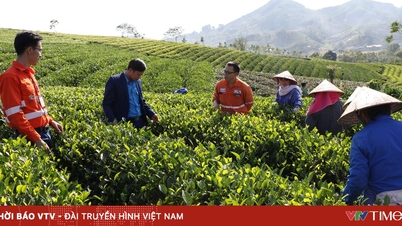

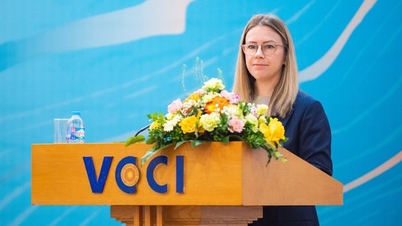

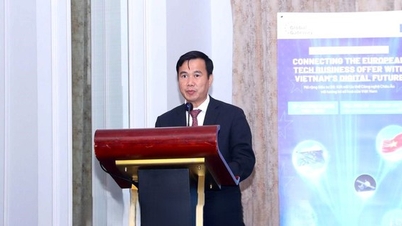

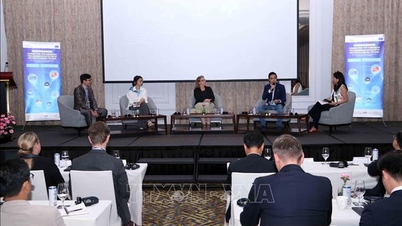



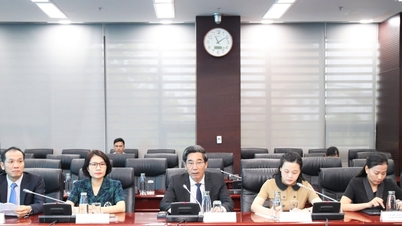

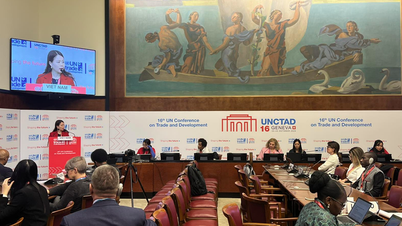

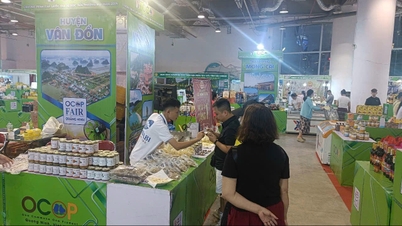



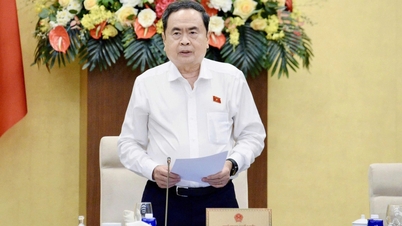







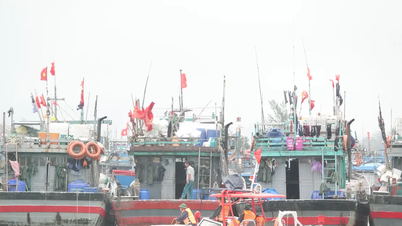
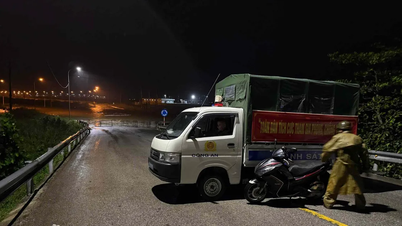




































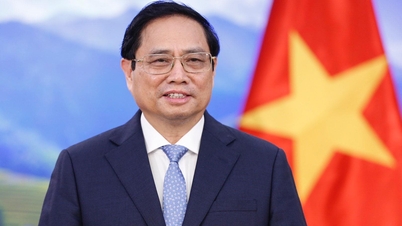

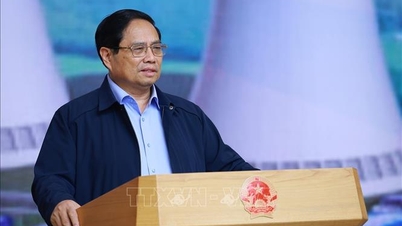
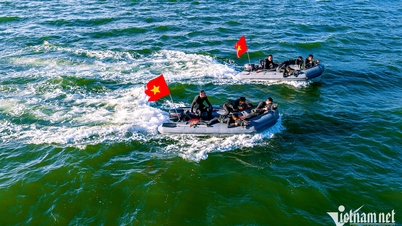



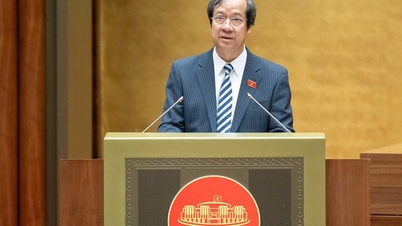

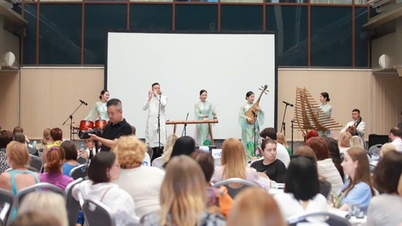
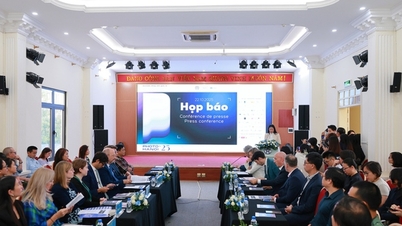

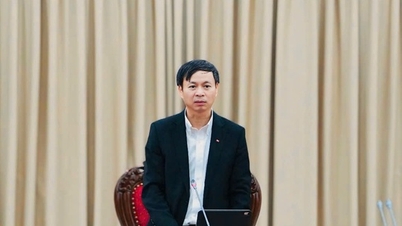



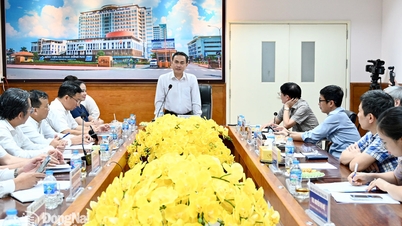




















Comment (0)